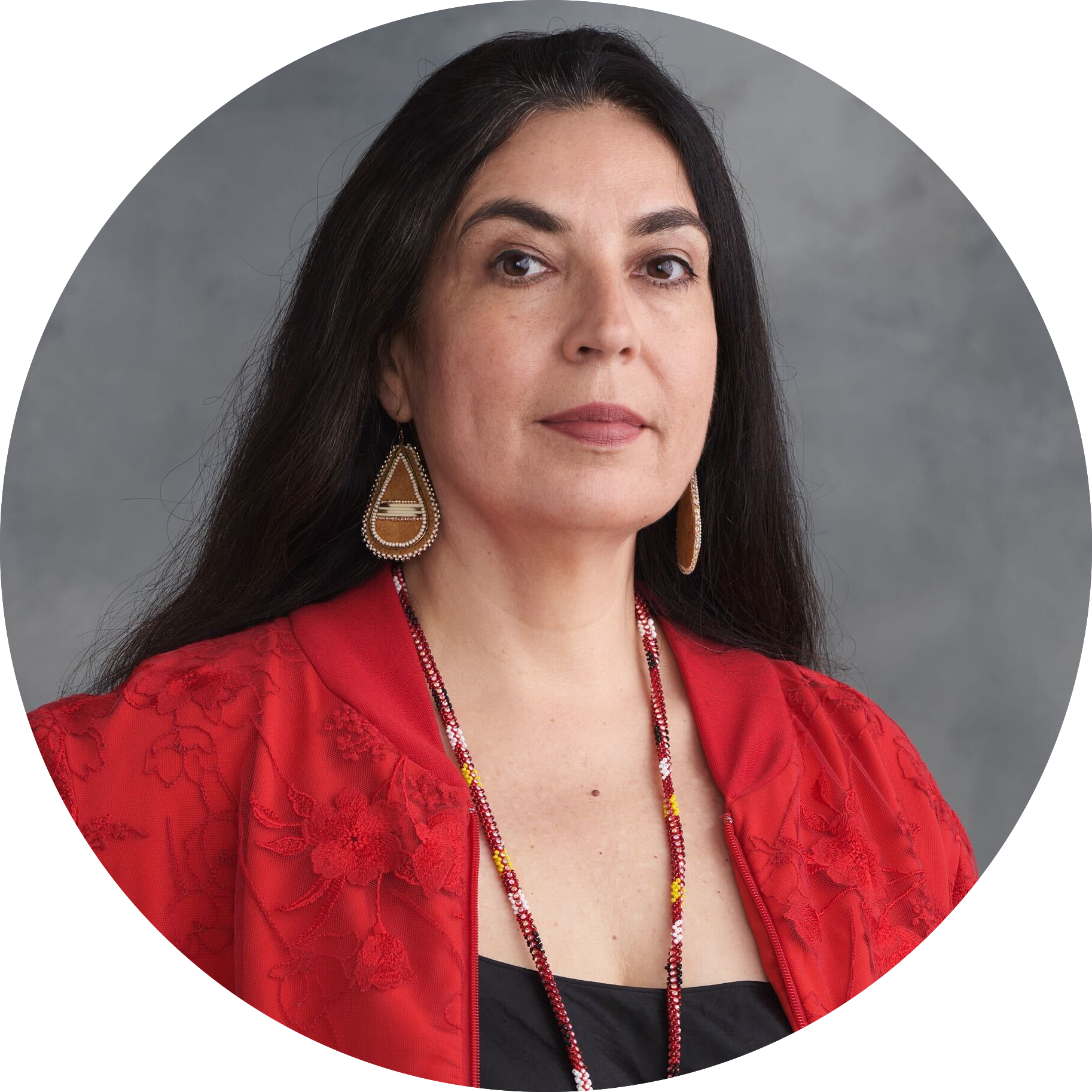
B.C. Supreme Court rules logging company can’t claim financial losses due to conservation
Forestry giant Teal sued for $75 million in compensation after old-growth trees on Haida Gwaii...
Many of you may remember the moment: it was a chilly winter day in November 2021 when news broke that photojournalist Amber Bracken had been arrested by the RCMP while reporting for The Narwhal from Wet’suwet’en territory in northwestern B.C.
Uproar ensued: international media attention, outrage from press freedom organizations and an all-hands-on-deck legal effort to get Amber out of jail. Thousands of people wrote letters to federal and provincial officials demanding Amber’s release and hundreds donated to aid in her legal defence.
After three nights in jail, Amber was released. About a month later, just before Christmas, charges against her were quietly dropped. But the battle didn’t end there.
Today The Narwhal and Amber Bracken have filed a lawsuit in British Columbia’s Supreme Court against the RCMP for wrongful arrest, wrongful detention and violation of our Charter rights.
As a small, non-profit news organization, we didn’t want to have to bring a lengthy, expensive litigation against one of the most powerful organizations in our country. But ultimately we realized we had no other choice. To not move forward with this case would be to turn our backs on what’s right — and to turn our backs on all the stories that happen in remote places without the watchful eyes of journalists, due to the chilling effect of arrests like these.
Bracken’s arrest is part of a troubling pattern of RCMP infringing on press freedom, whether at the Fairy Creek logging blockades, where RCMP used illegal exclusion zones to prevent journalists from reporting on arrests, or at Land Back Lane in Ontario where journalist Karl Dockstader was charged for failing to comply with an injunction while reporting from the frontlines of the conflict.
All too often, these incidents also involve Indigenous Rights. Previous court rulings have been clear: the arrest of Indigenous Peoples on their lands concerns every single person in this country — and should be a matter of public record, not hidden behind police lines.
Our case aims to establish meaningful consequences for police when they interfere with the constitutional rights of journalists covering events in injunction zones, including both journalists’ liberty rights and the freedom of the press as protected by section 2(b) of the Charter of Rights and Freedoms.
In filing this lawsuit, our goal is to clear a path for all journalists in Canada to do their work without risk of police interference.
Let’s be clear: we would never have been able to take this bold step without the support of our thousands of readers, donors and members. Today, when we walked into a courthouse in Vancouver to file our court documents, we imagined thousands of you walking with us, hand in hand in this mission to hold the RCMP accountable.
This is going to be a long journey, and we invite you to walk with us. Here are two ways you can join us:
If you have burning questions about the case, check out our FAQ page. If you can’t find your answer there, send us an email.
Thank you for your support as we work to defend press freedom in Canada.
Content for Apple News or Article only Get the inside scoop on The Narwhal’s environment and climate reporting by signing up for our free newsletter. This...
Continue reading
Forestry giant Teal sued for $75 million in compensation after old-growth trees on Haida Gwaii...

An Alberta government-commissioned report suggests oil and gas site companies may be able to install...

This story about a lawsuit involving First Nations in northern Ontario has deep roots — in...

